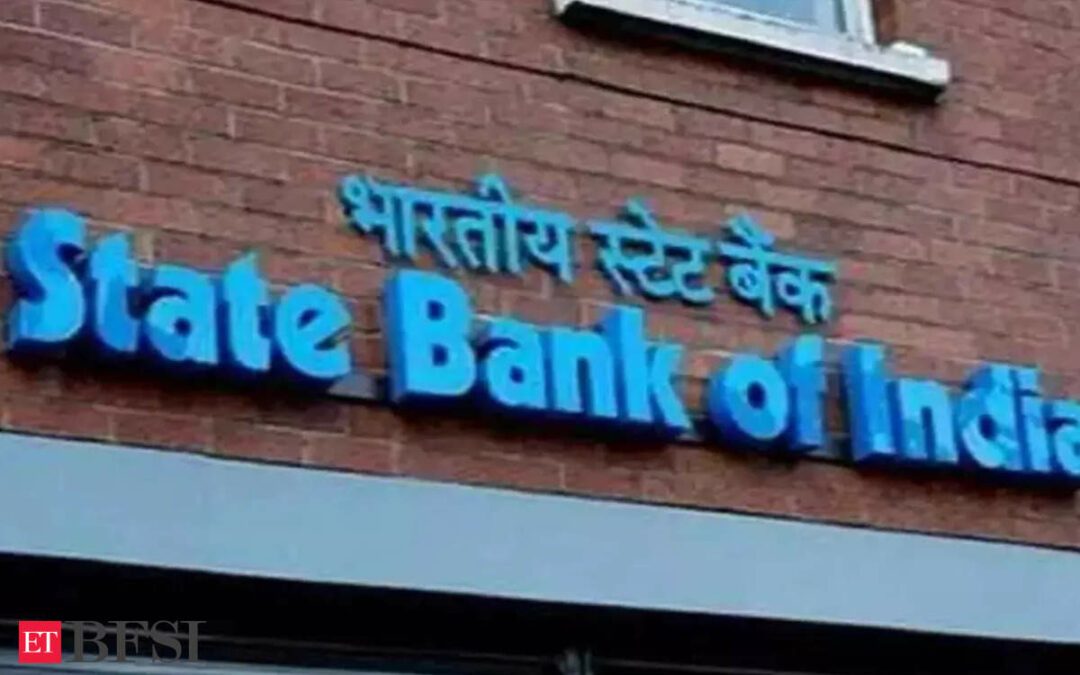The State Bank of India (SBI) has introduced SBI Green Rupee Term Deposit, a special fixed deposit scheme. that goes beyond traditional investments, aiming to channel funds into environmentally-friendly projects. As part of a broader commitment to India’s net carbon neutrality goal by 2070, the SBI scheme offers investors a unique opportunity to contribute to eco-positive initiatives. Let’s delve into the details of SGRTD and explore the growing trend of green deposits, reshaping the landscape of ethical and sustainable investing.
What is the SBI Green Rupee Term Deposit?
SBI Green Rupee Term Deposit is a special fixed deposit scheme introduced by the State Bank of India (SBI) with the aim of mobilizing funds dedicated to supporting environmentally-friendly projects. This initiative aligns with the Indian government’s ambitious goal of achieving net carbon neutrality by 2070.
Who is eligible to participate in the scheme?
The scheme is open to resident individuals, non-individuals, and NRI (Non-Resident Indian) customers.
What are the available tenors and rates for the SBI scheme?
Investors have the flexibility to choose from three distinct tenors: 1111 days, 1777 days, and 2222 days. The interest rates for SGRTD vary based on the tenor. For retail deposits, the rates are 6.65% for 1111 days, 6.65% for 1777 days, and 6.40% for 2222 days. Bulk deposits have slightly lower rates.
How can one invest in the SBI scheme?
Initially, the scheme is available through SBI branches, and there are plans to extend availability through digital channels such as YONO (SBI’s digital platform) and internet banking.
Are there additional benefits for senior citizens?
Yes, senior citizens, SBI staff, and staff senior citizens are eligible for an additional interest rate over the applicable rate for the general public.
Can investors opt for premature withdrawal from the SBI scheme?
Yes, premature withdrawal is allowed as per the standard guidelines applicable for term deposits/special term deposits.
What is the purpose of green deposits?
Green deposits, such as SBI’s, involve interest-bearing deposits where the proceeds are earmarked for allocation towards green finance. These funds contribute to environmentally friendly projects, aligning with sustainable and eco-positive initiatives.
How do green deposits work?
Similar to traditional fixed deposits, investors agree on a deposit tenure with the bank. However, the key distinction is that the funds raised through Green Deposits are specifically directed toward environmentally friendly projects, contributing to global sustainability efforts.
Who is eligible to invest in green deposits?
Green deposits are open to various entities, including individuals, Hindu Undivided Families (HUFs), sole proprietorships, societies, clubs, and non-profit organizations.
What benefits do green deposits offer beyond financial returns?
Green Deposits offer investors the opportunity to make an eco-positive impact, diversify their investment portfolios, derive ethical satisfaction from contributing to environmental causes, enjoy competitive interest rates, and drive corporate responsibility.
How does the popularity of green deposits influence corporates?
The increasing popularity of green deposits sends a powerful message to corporates, urging a broader adoption of sustainable practices within the business world.
What does investing in green deposits signify for investors?
Investing in green deposits symbolises a collective step forward towards sustainability. It allows investors to contribute to a greener future while ensuring their financial legacy is aligned with environmental responsibility.











